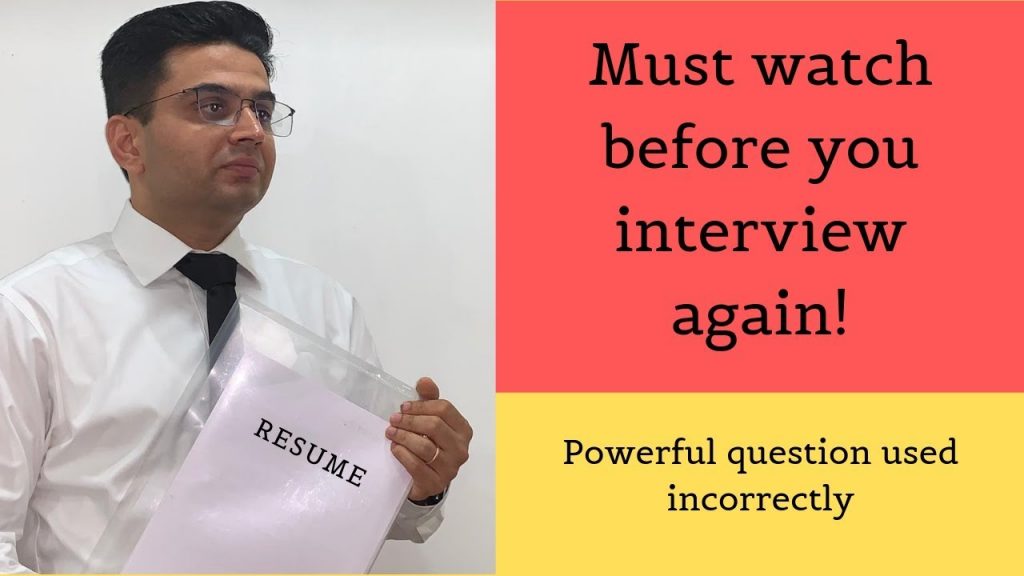By Hardik Harsora, Co-Founder of Effex Business Solutions
“Leader” – This word, or shall we call it position has been explained multiple times, in many different ways. What comes to your mind when you think of it? My mind paints two pictures; one of a leader who has this charismatic reputation. It almost feels like, whatever comes his way, gets done. He has the happiest team, full of achievers. He is envied sometimes by peers for being the management’s favourite. Whenever he talks, everyone listens and then there is this other (designated) leader, whose perception is like that of the famous ‘Hari Sadu’ the ever unhappy, always grumpy, questioning, blaming and full of excuses (read “reasons” to sound polite). What makes these two people different? Is it the situation they operate in? No, I don’t think so.
No company, no initiative, no project has ever been or will be without problems and challenges. The former kind of leader mentioned above is the type we expect to have as entrepreneurs and the latter type, we dread. Don’t you think the same happens with our people? They too want to be part of a winning team, in the company of that charismatic leader that gets the result and makes them the achievers. The question is, what kind of leaders are we? How do people look at us? How can we change for good?
I am not perfect and by no means, I know it all. I, however, wish and strive to be a better leader. So I started thinking hard, recollecting experiences and making notes of how leaders I have witnessed behaved and operated and I could come up with 5 traits that make effective leaders, effective and those were the exact same traits missing in the ‘Hari Sadu’ leadership. So let’s see what these are:
- Clarity:
“When you have clarity of intention, the universe conspires with you to make it happen!” – Fabienne Fredrickson. This quote makes complete sense. If one is clear about what must be achieved and how one is able to communicate that with clarity. Effective leaders take their time to understand every aspect of the game thoroughly and leave no scope for uncertainty. They ask questions. They read to learn and do their math and get clear. With such a leader, everyone knows what their role is, what will be considered a good job done and what will not be. There is no room for “I thought you meant that!” or “I did not know that I had to do this” conversations. The team works like an orchestra.
I am convinced, I have to question, read to learn and be clear about all aspects of what makes my business work. No room for assumptions, no room for ambiguity.
- Problem Solving:
Effective leaders are amazing problem solvers and this they are because of their fantastic listening, analytical skills, resourcefulness and a ‘no hesitation’ approach. They listen patiently, weed out emotions (whilst still acknowledging) of the presenter and logically drill down to the exact problem, how it will impact the larger goal and what’s causing it. Because they are clear, they know what their options are and how to prioritize problems. They don’t shy away from partnering to find a solution, they reach out to people for help; they never blame a person because the goal in their mind is clear – it’s to win by achieving and blaming will not get them there, solving the problem will. This very problem-solving ability helps create a safe zone for people to bring up issues without the fear of being judged. The by-product of this is a culture where everyone is a problem-solving entity; willing to listen, analyze, collaborate and reach out for solutions they don’t have. This ultimately makes up for a winning formula. I am inspired!
- Decisiveness:
The only bad decision is no decision. Effective leaders know, there is no guarantee of 100% success. These leaders weigh their options and take the decision to go with the minimum-risk-maximum-success possibility option. How do they do that? They analyze, where things could go wrong and if they do then what options they have, then. of course, not all decisions lead to a smooth ride. When a ride gets tough, they solve the problem, they evaluate their options and take yet another decision.
They move forward.
I call this experience. It is only decisions taken that help you know the outcomes, rest is speculation.
- Adaptive Leadership:
Lord Ram and Lord Krishna are perfect examples of different leadership styles, Lord Ram had an army of monkeys which was dedicated but needed direction. Lord Ram fought the war himself and partnered with the army. Lord Krishna, on the other hand, was merely a charioteer to Arjun. He simply clarified the cobwebs in Arjun’s thinking while allowing him to use his own skill to win. Effective leaders can easily navigate through both these styles. When the team member is skilled enough to execute, they clear their thoughts and help him think through by asking the right questions. Freedom on the choice of action is given. On the other hand, when a team member is struggling to complete tasks, this leader will roll up his sleeves and give a helping hand.
Good for one, could be bad for another. I am going to attempt to assess and change my leadership style to suit the team member.
- Discipline:
Nothing worth being proud about was ever achieved in a jiffy. Highly effective leaders are exceptionally disciplined. Discipline cannot be learned in a day. It has to be practised over and over again for it to become a second nature, or should I say the first. Effective leaders kind of have system designed – there is a time for everything, there is a place for everything and there is a way of working through a situation. All of these ways are designed to derive maximum efficiency. These leaders end up inspiring people with their actions and again create a culture that matches nothing but excellence.
I am certain there are many more traits that make up for an effective leader. The leader, we have all seen and experienced and want to become like. I am committing myself to work on the above 5, with absolute discipline, to start with.
What are you starting with?








